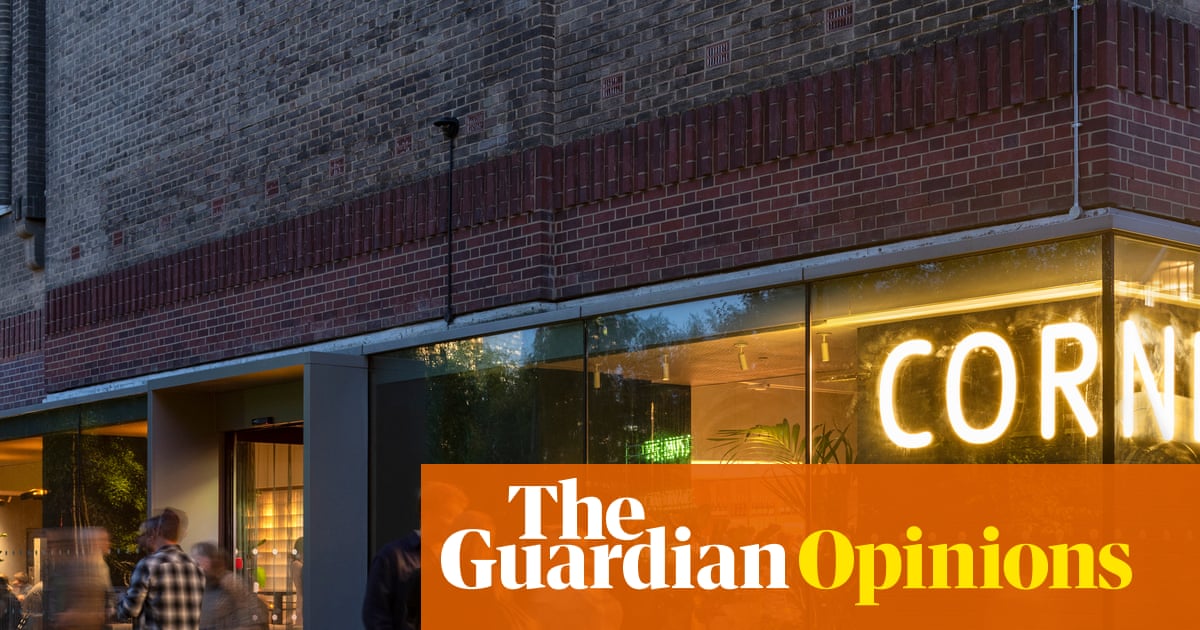English councils are planning to sell social clubs, sports centres and shopping arcades as they bet on a fire sale of assets to balance the books, according to a survey of local authorities.
The key cities group of councils, which represents second-tier cities in England, said 60% of councils were planning to sell assets to meet the escalating costs of adult and children’s social care.
Councils have in the past come under fire for selling playing fields and land to shore up their finances, but argue they must continue to raise vital cash from asset sales or declare themselves bankrupt.
The group said a high proportion of councils seeking to raise money from a fire sale of assets marked “a distinct shift from 2024, when the majority (60%) of local leaders said they would prioritise service redesigns and utilising financial reserves to weather increasing financial challenges”.
Medway council in Kent said its property management strategy included the sale of a shopping centre in Rainham and a social club in Rochester to raise £20m over five years. Gillingham golf club and the business parks it owns in Worcestershire and Suffolk, which all generate rent for Medway council, will also be sold under the plan.
The survey of councils in the key cities group, which includes Sunderland, Southampton, Gloucester and Salford, also found more than 70% of councils will need to raise council taxes next April to cover the rising cost of essential services, higher levels of homelessness and a longstanding housing shortage.
Medway council said it will press ahead with asset sales after steep rises in the cost children services, special educational needs and disability (Send) provision, adult social care and temporary accommodation.
“We are taking innovative approaches but some of these take time to deliver both improved services and cost efficiency,” said Vince Maple, the leader of Medway council.
He added: “There are demographic pressures which will continue to add to the pressures we have. As a unitary authority we had a 91% cut in our revenue support grant from 2010-24 which is very challenging.”
A survey of county councils this week also found council budgets being stretched by the growing number of young people and adults requiring Send support.
The County Councils Network said council deficits will reach £4.4bn a year by 2029, as they struggle to cope with increased demand.
Ministers have put off planned reforms to Send system until next year after a white paper setting out those reforms was recently delayed.
after newsletter promotion
According to the latest indices of deprivation (IMD) covering English councils, many key cities members were among the most deprived in England.
“Member cities like Hull, Bradford, Stoke-on-Trent, Sunderland and Wolverhampton rank in the top 30 nationally under the 2025 IMD measures,” said the report.
“While only one key city is among the top 10 for deprived neighbourhoods nationally, urban areas are far more likely to be in the most deprived fifth of England. The data highlights the scale of challenges facing local leaders across key cities in the coming year,” the report added.
Michael Mordey, the leader of Sunderland city council, said: “Local government leaders have been clear about the need for a fair and sustainable funding system that reflects and responds to the real levels of deprivation and demand.
“Without this, councils will continue to face impossible choices around which essential services to allocate spend to, and which to cut, to the detriment of their communities.”
A fifth of councils have cut or compromised social care provision in the past 12 months, the survey found.

 2 months ago
48
2 months ago
48

















































